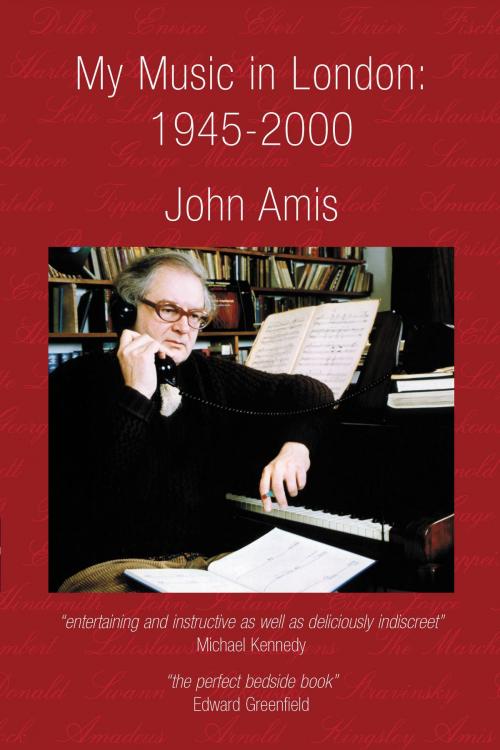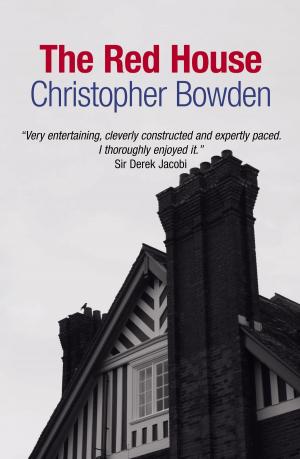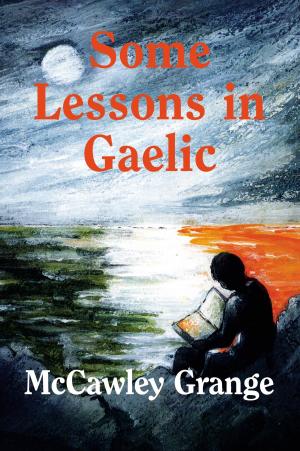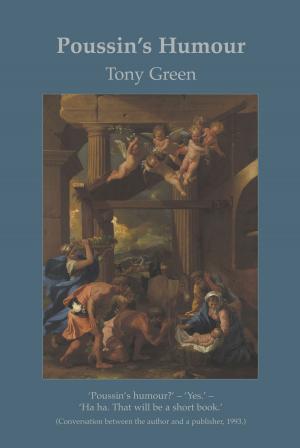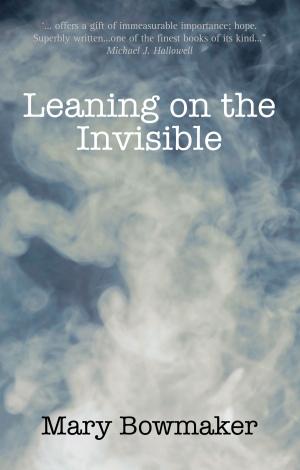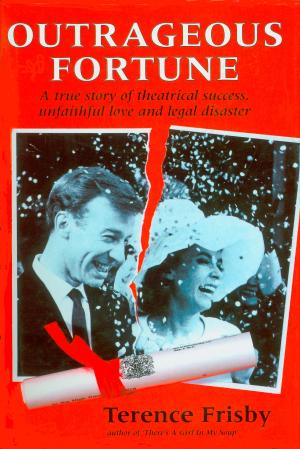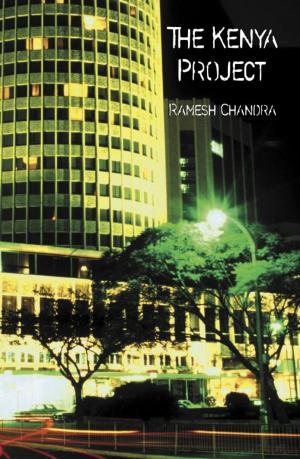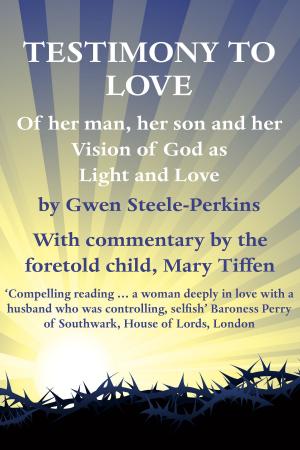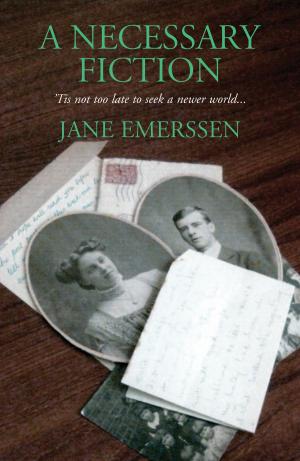My Music in London
Nonfiction, Entertainment, Music, Music Styles, Classical & Opera, Classical, Theory & Criticism, History & Criticism| Author: | John Amis | ISBN: | 9781908557674 |
| Publisher: | Amolibros | Publication: | July 14, 2014 |
| Imprint: | Smashwords Edition | Language: | English |
| Author: | John Amis |
| ISBN: | 9781908557674 |
| Publisher: | Amolibros |
| Publication: | July 14, 2014 |
| Imprint: | Smashwords Edition |
| Language: | English |
This book has an unusual structure. It begins with a review of the first concert given by the Amadeus Quartet and ends over fifty years later in 1999. What lies in between is a review of the post-war period in music mostly in London as seen and heard through the eyes and ears of one person. It is not a comprehensive review or an history. During these years John Amis had various jobs: critic, broadcaster, administrator, concert manager, lecturer, singer and he was a constant opera- and concert-goer. John met or worked with nearly all the important and less important (though not less interesting) musicians of our time. From 1948 to 1965 he was London Music Critic of The Scotsman and a contributor to other newspapers and journals – and from 1988 was Music Critic of The Tablet. He appeared for some eighteen years in the BBC programme My Music.
Part one consists mainly of reviews of those golden times when the gods had names like Callas, Flagstad, Heifetz, Horowitz, Beecham, Bruno Walter and Klemperer. These reviews, mostly written on the night, tell their own story of the times. Amis covered the premieres (absolute or British) of such works as: Britten’s The Turn of the Screw, Let’s Make an Opera, Chinese Songs, Winter Words and Noye’s Fludde; Tippett’s The Midsummer Marriage, first and second symphonies and Piano Concerto; Walton’s Troilus and Cressida, Cello Concerto and second symphony; Constant Lambert’s Tiresias, Janacek’s Kat’a Kabanova, Messiaen’s Turangalila and Schönberg’s Moses und Aron.
Part two deals with the last decades of the twentieth century and the author’s time spent lecturing, travelling, writing and listening to music; and a few other topics. Events provide pegs for slices of life and profiles of, for instance, Messiaen, Tippett, Britten, Milhaud, Poulenc, Copland, Enescu, Tcherepnin, Ireland, and many others.
Reviews
“I have spent a very pleasant weekend ignoring my other work while reading your book. It is both entertaining and Instructive as well as deliciously indiscreet. You have the rare gift of being able to write as you talk, so the reader feels he is having a chat with you. I think you are very brave to reprint your old reviews, I wouldn’t dare with mine, but you are justified because they tell people what it was like to be there at so many legendary performances. So the book is more than fun and gossip, it is a bit of history too.” Michael Kennedy
“You’ll remember how much I enjoyed Amiscellany, and again your wonderful gift of bringing people to life bubbles up through the whole book. I endorse everything that Michael Kennedy says, not least the question of your voice emerging from every sentence, I must admit that I had grave doubts about having a patchwork structure, but it took me only a few minutes to dispatch them, when each item sends you so rapidly on to another, until you have to discipline yourself so as to put the book down. Net just the anecdotes but the offbeat bits of information have you gripped. In other words it’s the perfect bedside book.” Edward Greenfield
This book has an unusual structure. It begins with a review of the first concert given by the Amadeus Quartet and ends over fifty years later in 1999. What lies in between is a review of the post-war period in music mostly in London as seen and heard through the eyes and ears of one person. It is not a comprehensive review or an history. During these years John Amis had various jobs: critic, broadcaster, administrator, concert manager, lecturer, singer and he was a constant opera- and concert-goer. John met or worked with nearly all the important and less important (though not less interesting) musicians of our time. From 1948 to 1965 he was London Music Critic of The Scotsman and a contributor to other newspapers and journals – and from 1988 was Music Critic of The Tablet. He appeared for some eighteen years in the BBC programme My Music.
Part one consists mainly of reviews of those golden times when the gods had names like Callas, Flagstad, Heifetz, Horowitz, Beecham, Bruno Walter and Klemperer. These reviews, mostly written on the night, tell their own story of the times. Amis covered the premieres (absolute or British) of such works as: Britten’s The Turn of the Screw, Let’s Make an Opera, Chinese Songs, Winter Words and Noye’s Fludde; Tippett’s The Midsummer Marriage, first and second symphonies and Piano Concerto; Walton’s Troilus and Cressida, Cello Concerto and second symphony; Constant Lambert’s Tiresias, Janacek’s Kat’a Kabanova, Messiaen’s Turangalila and Schönberg’s Moses und Aron.
Part two deals with the last decades of the twentieth century and the author’s time spent lecturing, travelling, writing and listening to music; and a few other topics. Events provide pegs for slices of life and profiles of, for instance, Messiaen, Tippett, Britten, Milhaud, Poulenc, Copland, Enescu, Tcherepnin, Ireland, and many others.
Reviews
“I have spent a very pleasant weekend ignoring my other work while reading your book. It is both entertaining and Instructive as well as deliciously indiscreet. You have the rare gift of being able to write as you talk, so the reader feels he is having a chat with you. I think you are very brave to reprint your old reviews, I wouldn’t dare with mine, but you are justified because they tell people what it was like to be there at so many legendary performances. So the book is more than fun and gossip, it is a bit of history too.” Michael Kennedy
“You’ll remember how much I enjoyed Amiscellany, and again your wonderful gift of bringing people to life bubbles up through the whole book. I endorse everything that Michael Kennedy says, not least the question of your voice emerging from every sentence, I must admit that I had grave doubts about having a patchwork structure, but it took me only a few minutes to dispatch them, when each item sends you so rapidly on to another, until you have to discipline yourself so as to put the book down. Net just the anecdotes but the offbeat bits of information have you gripped. In other words it’s the perfect bedside book.” Edward Greenfield
